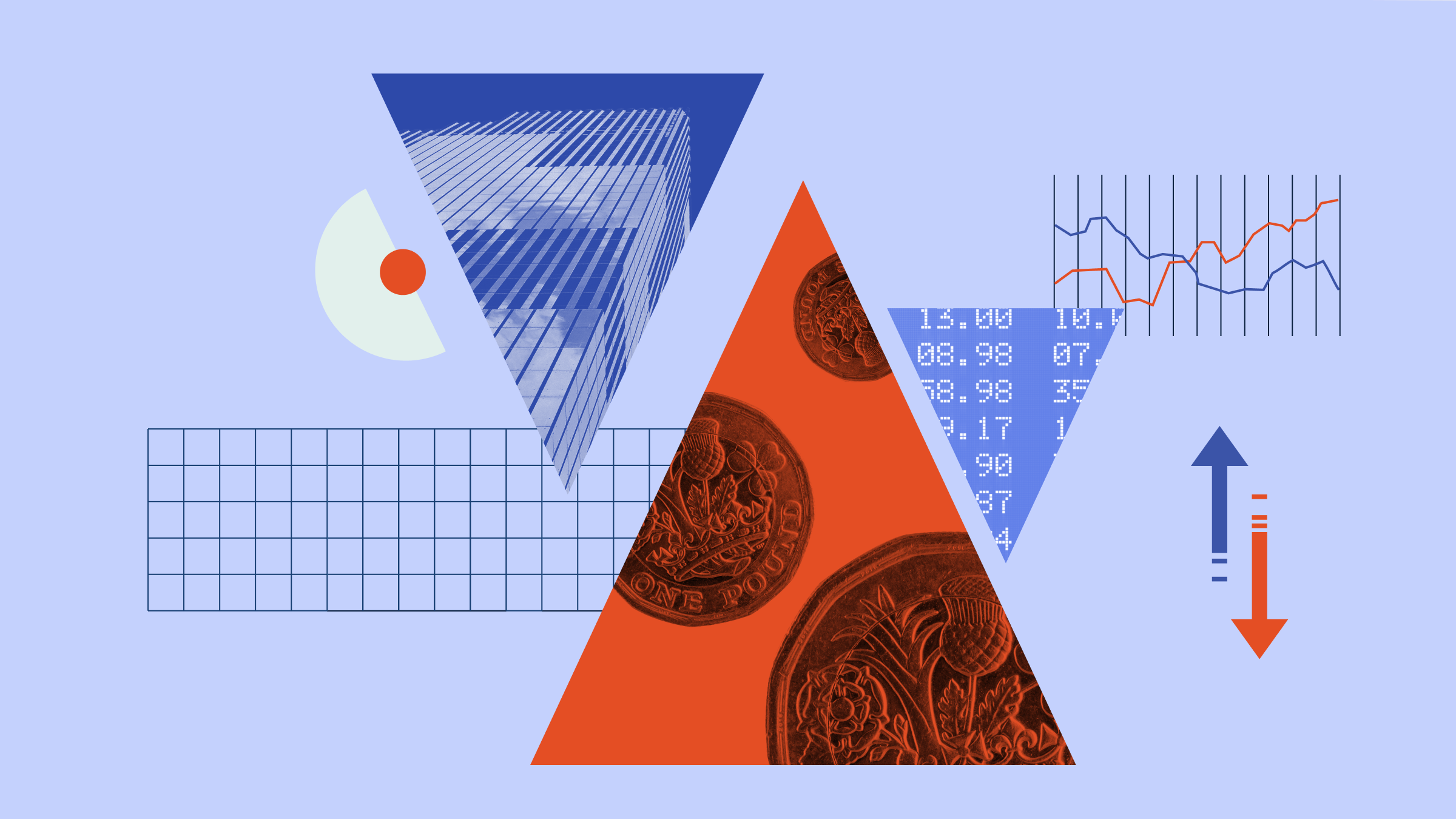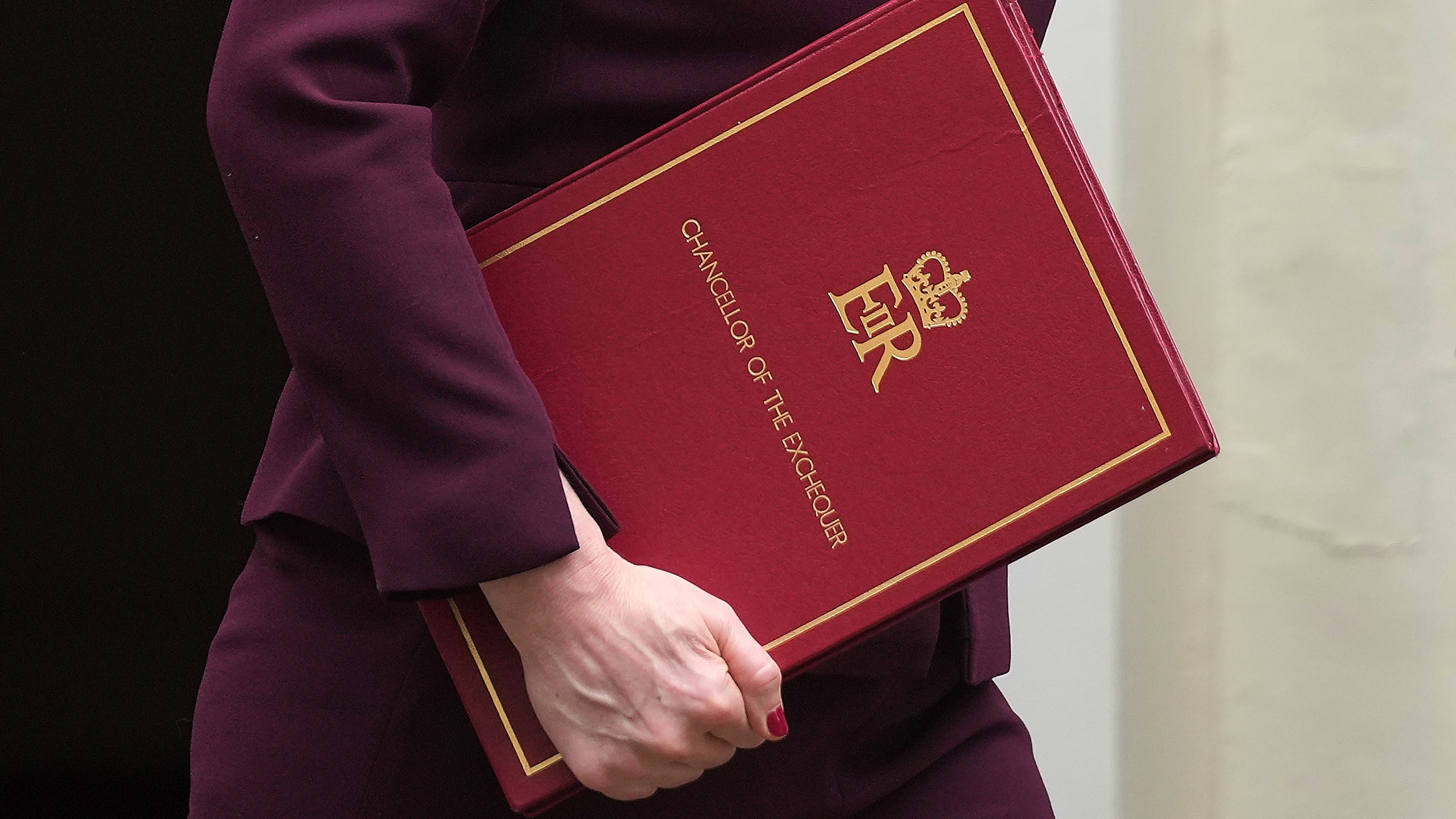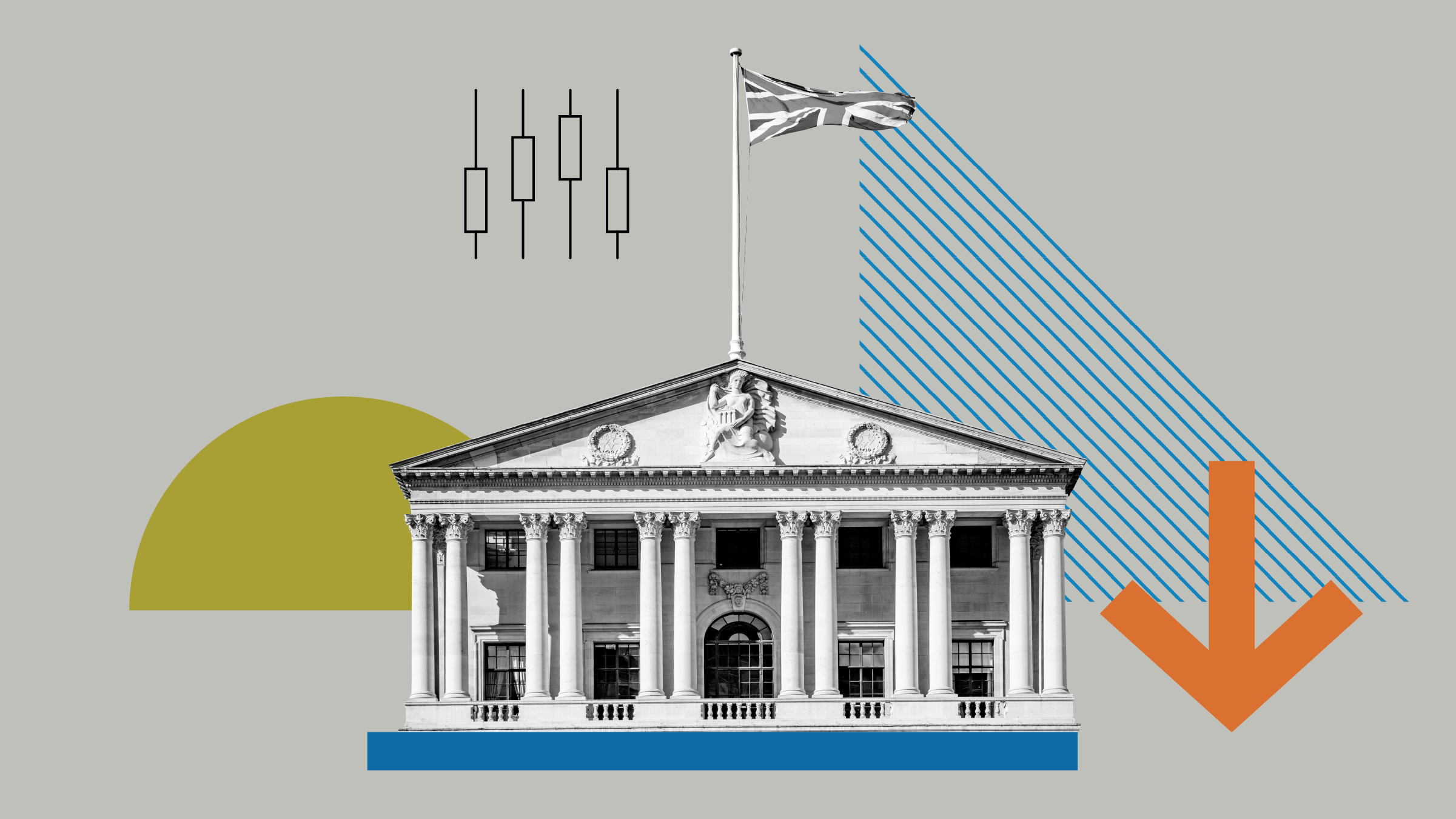The settlement reached with the U.S federal government and Gulf states earlier this year was a major step for BP (BP.) in putting the 2010 Deepwater Horizon accident behind it. While BP remains on the hook for $23 billion, to be paid over the next 17 years, the recognition of a reliable estimate for all remaining liabilities removes a key element of uncertainty for the company. With outlays of about $2.5 billion due through 2018 and $1.1 billion a year thereafter, BP should be able to meet its liabilities with proceeds from targeted assets sales of $2 billion-$3 billion per year, a rather low hurdle, in our opinion.
With that issue largely resolved, BP is now turning its focus to positioning the company to compete in a world of lower oil prices. Its first step is to improve its cost structure and reduce its capital outlays so that it can cover its dividend at $55 per barrel oil by 2017. While we estimate that goal is overly ambitious, it is likely achievable by 2018, making it one of safest dividends among the European integrated oil companies.
BP is targeting cost reduction of $7 billion or 20% from 2014 levels, primarily in the upstream segment where it is planning to reduce the workforce by a third. Already one of the lower-cost producers of its peer group, the cost reductions will improve margins further.
Meanwhile, capital spending will fall to $15 billion-$17 billion on average from 2017, a sharp reduction from the peak in 2013 of nearly $25 billion. At this level, BP will continue to invest the least among the peer group for its level of production. However, it will continue to grow through a mix of projects already under construction or nearing completion and those who have qualified for a final investment decision due to cost reduction. In total, BP plans to add 800 thousand barrels of oil equivalent of new gross production capacity by 2020, 85% of which is at least under construction. With these new volumes sporting margins 35% greater than the existing portfolio, BP’s upstream margin should improve further over time.
What are BP Shares Worth?
We are raising our fair value estimate to £4.16 from £3 per share. Our fair value estimate is derived using Morningstar’s standard two-stage discounted cash flow methodology. With this methodology, a terminal value is derived using our assumptions for long-term earnings growth and return on new invested capital.
This valuation methodology also more explicitly incorporates our economic moat – a company’s advantage over their peers – rating, which reflects how long we expect a given firm to deliver excess returns on invested capital from a discounted cash flow analysis.






























